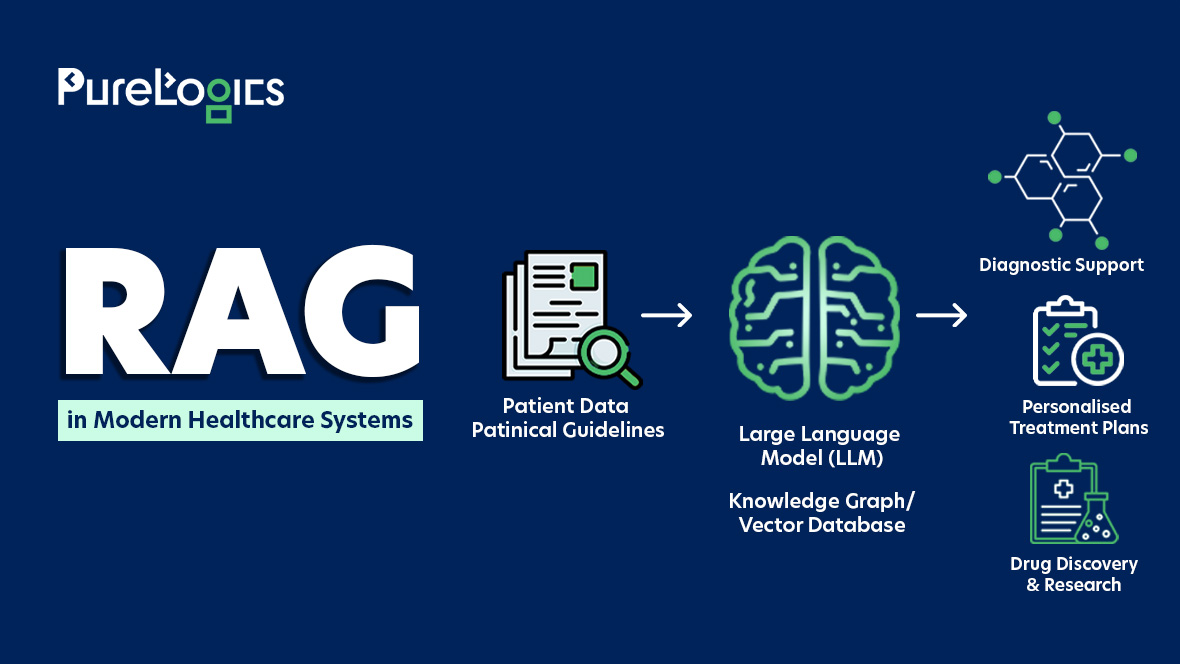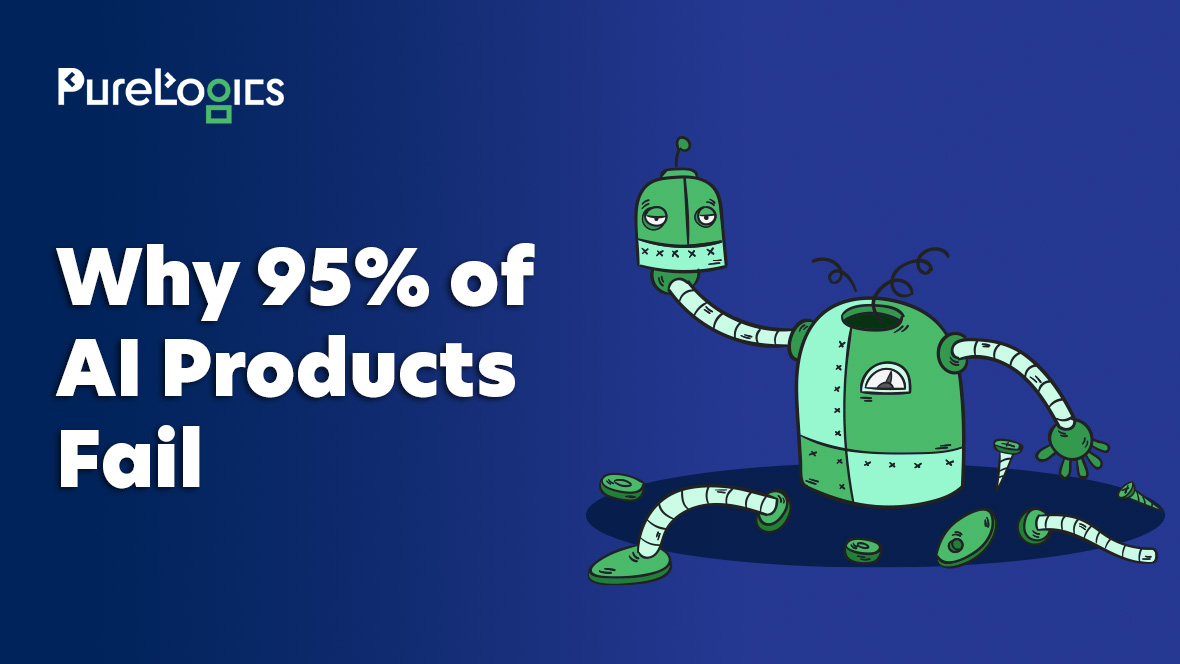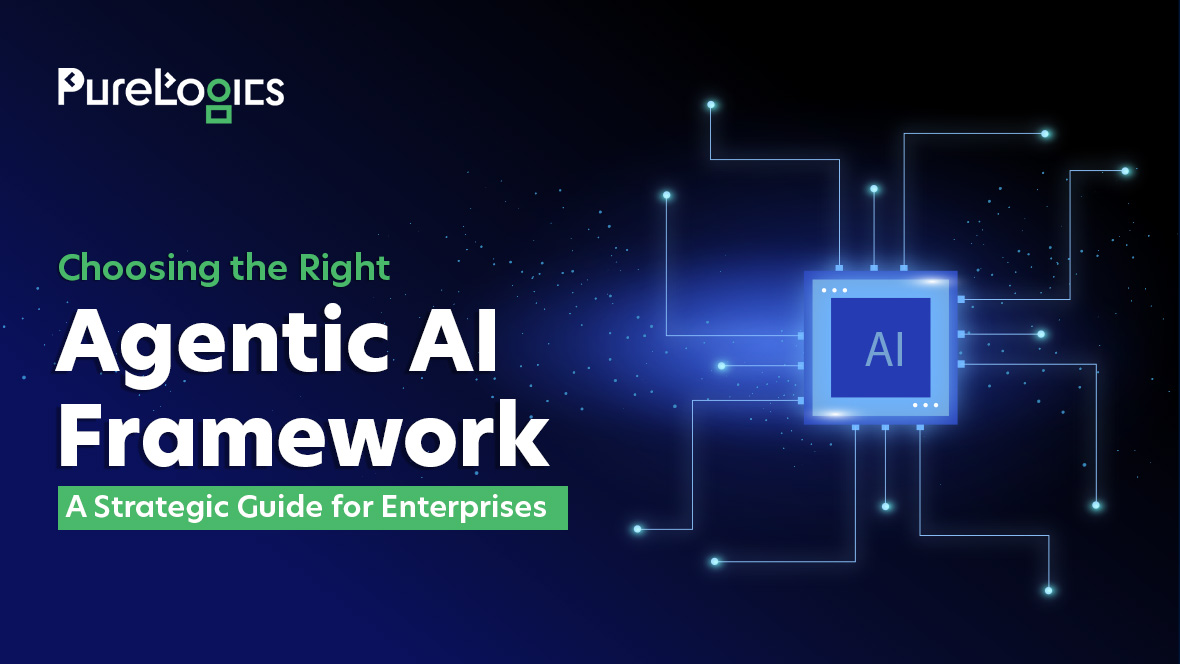So, What Exactly Is Fintech?
Fintech, an abbreviation for “financial technology,” refers to the creative application of technology (primarily the internet and mobile) in the design and delivery of various types of financial services to specific customers and clients.To try to demystify fintech for you, think of it as every technology right now that relates to money transfer or transactions, and that goes from payment to banking to how money is managed, earned, saved, transferred, and everything that relates to money.
It includes a wide range of products, business models, and technologies that are disrupting financial institutions and the industry, such as cashless payments, virtual currencies, and robo-advisors, among others.This new generation of financial technology is also believed to change the way we pay and borrow money and thus disrupt economies all across the world.
Why Is Fintech So Popular Around the World?
Mail to email, chat to WeChat and WhatsApp, commerce, travel, and everything in between have been disrupted by technology. Speaking about finance, finance is absolutely core to everything we’re doing in terms of work, socializing, family, and everything else. So, if there is a manner in which you can apply technology or innovation to make that experience cleaner, easier, cheaper, and smoother, that’s an exciting opportunity because the impact you can have is huge. It’s the ever-growing technology that is becoming an essential part of our daily lives, and this is what has made fintech stand out in recent times and has increased its value, popularity, and significance all around.
Can fintech really be a force for good in the global financial sector?
For the internet- and smartphone-savvy, fintech means a door to a newer, smarter, and more interesting world of opportunities. Whereas for well-established companies in the financial services industry like banks, it’s being seen as a disrupter—something that’s giving them a hard time keeping up with. This new wave of evolution, as we see it, is ready to spawn a new kind of financial sector that will experience incredible growth when it comes to efficiency and productivity. To throw some light on the fintech innovations that are changing the world of finance globally, we decided to walk you through some of the imminent ways that are already obvious. Keep reading!
The Emergence of Peer-to-Peer (P2P) Learning
The lending sector is widely regarded as one of the most profitable and largest in the financial industry.There are lots of financial institutions that have made use of existing models to come up with new ones that better serve their business models and profit targets.
In the traditional business model, the bank has to perform an intermediary role between the savers, those with extra savings, and the borrowers, those who need a loan to meet their day-to-day human needs, manage transactions, or handle the forthcoming risk. With the emergence of P2P lending, fintech is actually changing this model. What peer-to-peer lending normally seeks to do is remove financial intermediaries from the equation and connect both parties directly, with the aim of lowering borrowing costs. In fact, over the past couple of years, this type of lending and borrowing has become so popular that it has brought institutional funds into play.
The Ease of Transferring Funds and Making Payments
Another important role of the banks has been to facilitate the transfer of funds between parties. It is rumored that banks make $4 billion (at the minimum) a year just from costs obtained at some stage in the transfer of funds. FinTechs are working extremely hard to fill this space and offer relatively better terms with regards to fund transfers among consumers. PayPal, Stripe, and TransferWise are just to name a few of the companies that are making it a lot simpler to transfer money and pay merchants, regardless of whether they are local or international payments.
The idea of providing users with solutions at the touch of a button is also becoming increasingly popular. Fintech is enabling financial service providers to bring services directly to the smartphones of consumers, thus allowing for an enhanced chance of interaction and revolutionizing the way people save and make payments.
Breaking Down Barriers in the Online Shopping Industry
E-commerce has made retail businesses suffer and shrink from day to day. Traditional brick-and-mortar shops have allowed room for big online stores such as Amazon, AliExpress, and many others, which are expanding quite rapidly with time.
There are various parts of the world, like Nigeria, the biggest economy in Africa, where fintech is playing a critical role in eliminating the obstacles for businesses wishing to go online and sell their products and services. Through different fintech-powered payment platforms, companies in Nigeria are able to sell products on the internet, even when they don’t have their own website, via links on Facebook and WhatsApp.
As customers are more informed and educated today, especially when it comes to scams and fraud on the internet, fintech is powering digital platforms and software that deliver financial services in a safe and secure manner to the clients, so they are able to buy goods online more comfortably.
….
Lastly but not least, what we’re watching at the moment is the growth of fintech companies at a blistering pace. It will be interesting to see how they are able to sustain their pace over time, transform themselves into stable players, and push the financial sector across the globe.
Whatever the future unfolds, however, it will be quite convenient for you to navigate the smarter, cleaner, and life-changing innovations that the FinTechs are working on if you know about the unique, key statistics about the development of fintech. Thus, there is an information-rich infographic below, created by carsurance.net, that gives you an opportunity to obtain accurate and concise information regarding the history of fintech’s growth. It may help you anticipate events and circumstances and stay ahead of the curve as regards the fintech revolution, one of the biggest revolutions of the modern, digital age.


 [tta_listen_btn]
[tta_listen_btn]
 November 14 2019
November 14 2019






